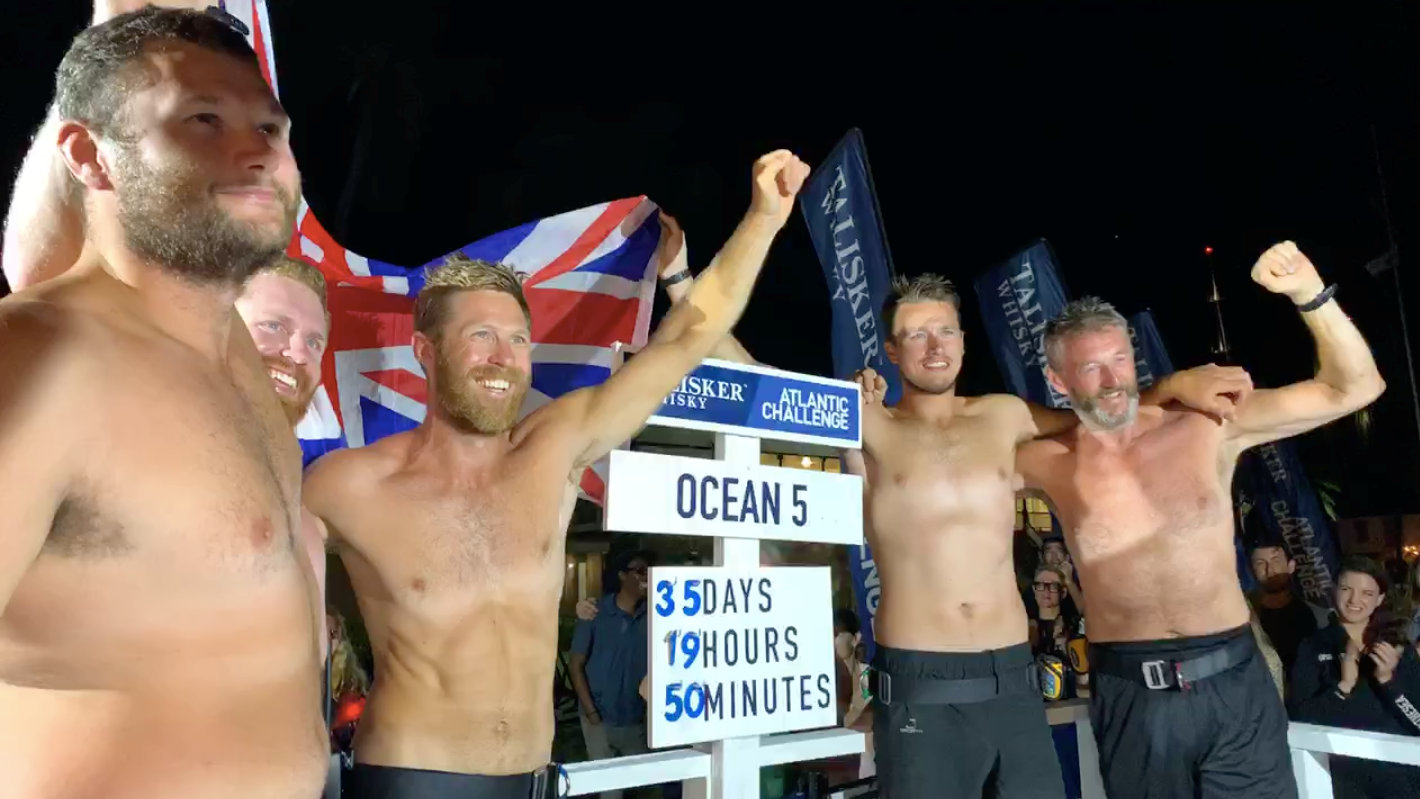There is no easy route to becoming the best. Achieving a world-class level of performance requires focus, determination and a lot of hard work. The difference between the people who achieve a superior level of performance and those who don’t often comes down to just how much they want it.
It is not about how successful you are, it is about how successful you want to be and having the resolve to implement your plan no matter what. There are plenty of reasons not to do that. Some people are happy to take the easy route to mediocrity. Other people want to be liked more than they want to be excellent and therefore never force change or push boundaries. Then there are those who never begin the journey because they are afraid of failure. While these reasons are valid excuses for not achieving what could be possible, accepting any of them means that you are prepared for your performance, or that of your organisation, never to reach world class.
Leaders who achieve world class are self-selecting. They are determined and are 100 per cent positive that they can and will achieve their goals. Their passion and determination provides the energy which fuels the journey to world class.
Team selection is a critical part of the process. Appointed leaders must choose the people who will walk with them on the journey to excellence. If they correctly identify the team members who share the determination to be extraordinary, the energy and passion will spread. Natural leaders and positive communicators will step forward at every level in the organisation. Their determination and energy will support and encourage their colleagues to be bold and overcome the challenges and fears they will face on the way.
Humans are not born with a fear of failure; it is a learned condition which can be unlearned. Fear of change is a common roadblock and can be removed by the creation of a positive loop of advancement where execution results are reported back and identified areas of innovation are implemented. Successful ideas show progress; unsuccessful ideas are not an excuse to stop but instead are areas to reconsider, adapt and try again. The critical aspect of this positive loop is to show gratitude and recognition to the team members who provide the idea, innovation or determination to implement the change.
A supportive, inspiring and rewarding culture will encourage team members to focus on what can go right rather than worrying about what can go wrong. Teams will gain confidence in an environment where clear goals, effective communication, delegated trust, honest praise and reliable information form the basis of the operation.
All markets are highly competitive (or if they are not, I have yet to find it) and organisations which are conventionally good will be overtaken by teams that continuously strive to be better. Achieving world class requires focus, agility and innovation. That happens when the team have total clarity and transparency of the overall progress of the organisation and when they feel that they are directly involved in driving it forward.
Encouraging world-class performance is a continuous process. The role of the leader is to create the environment where each team member is inspired by the invitation to deliver their best work as well as to contribute their ideas and imagination. This culture does not need imposed targets because an inspired team will set their own goals and deliver them.


